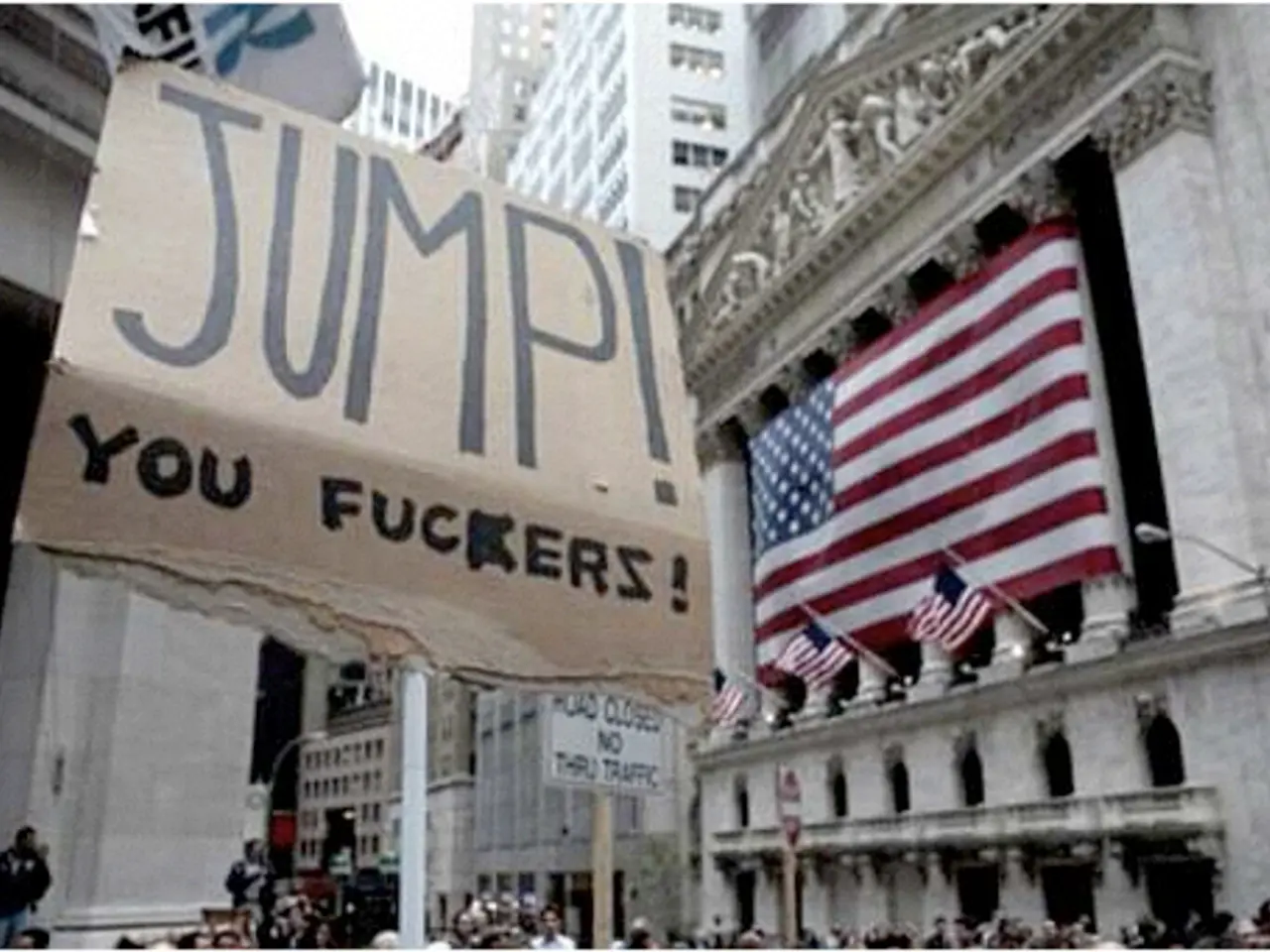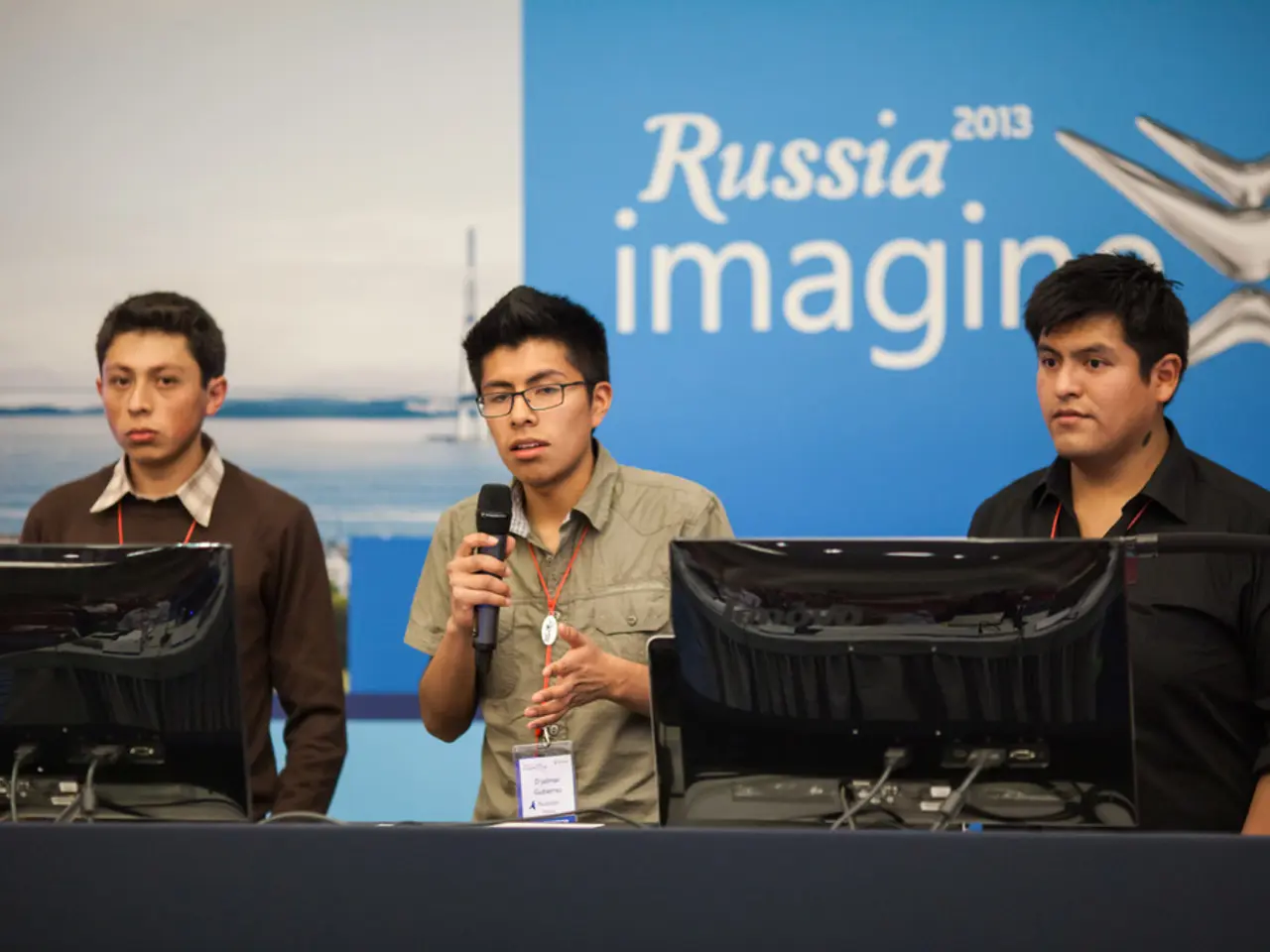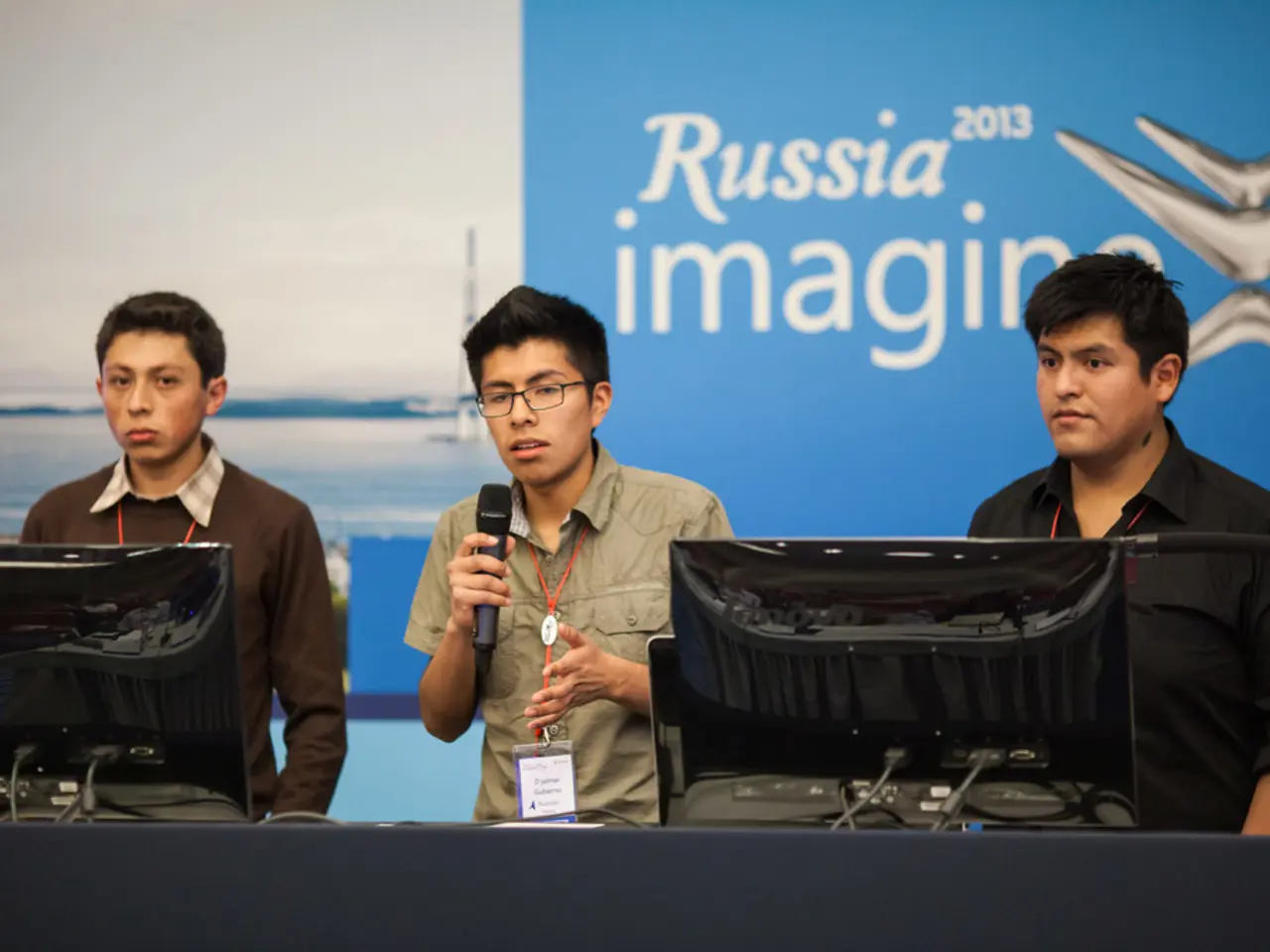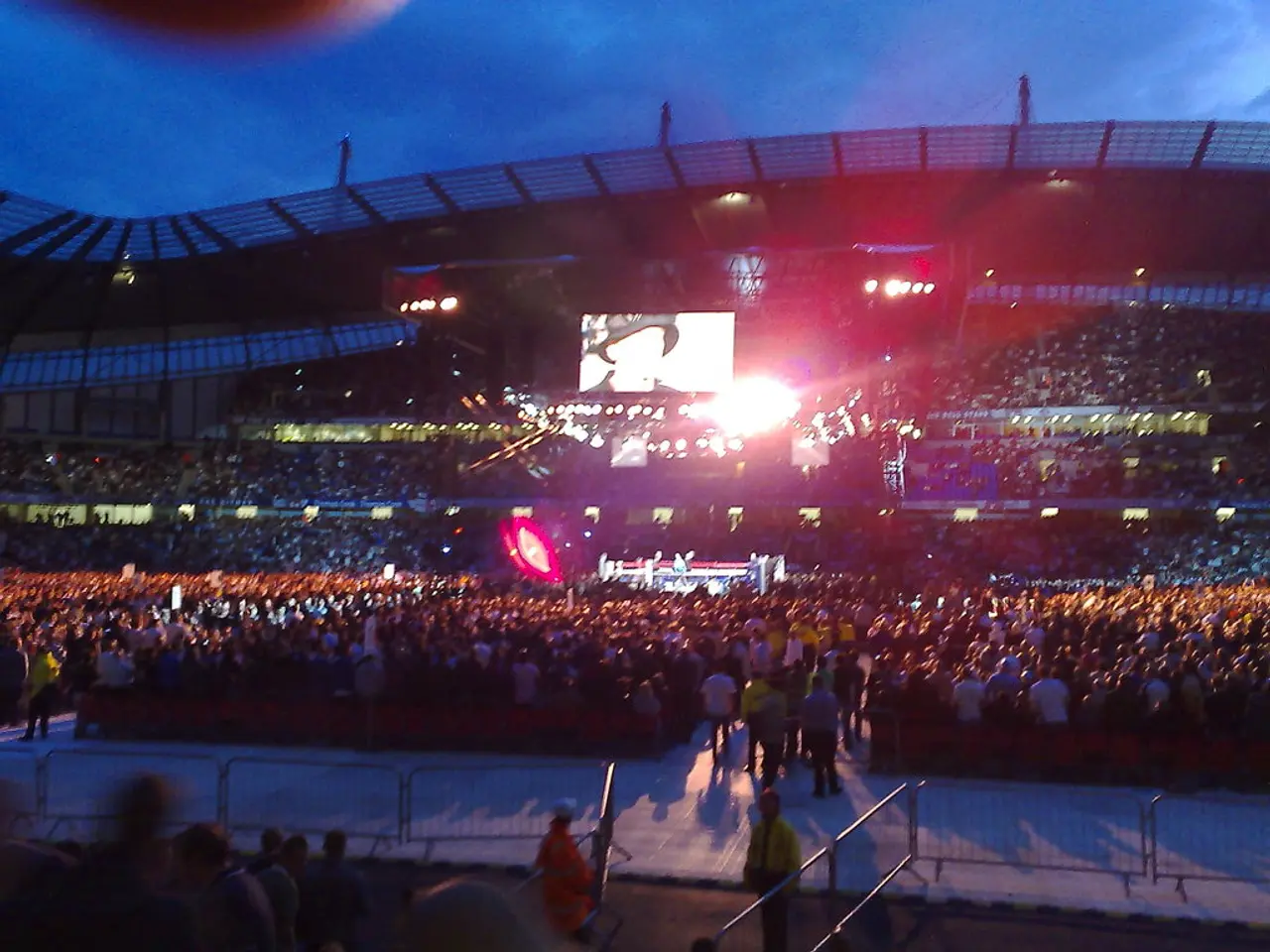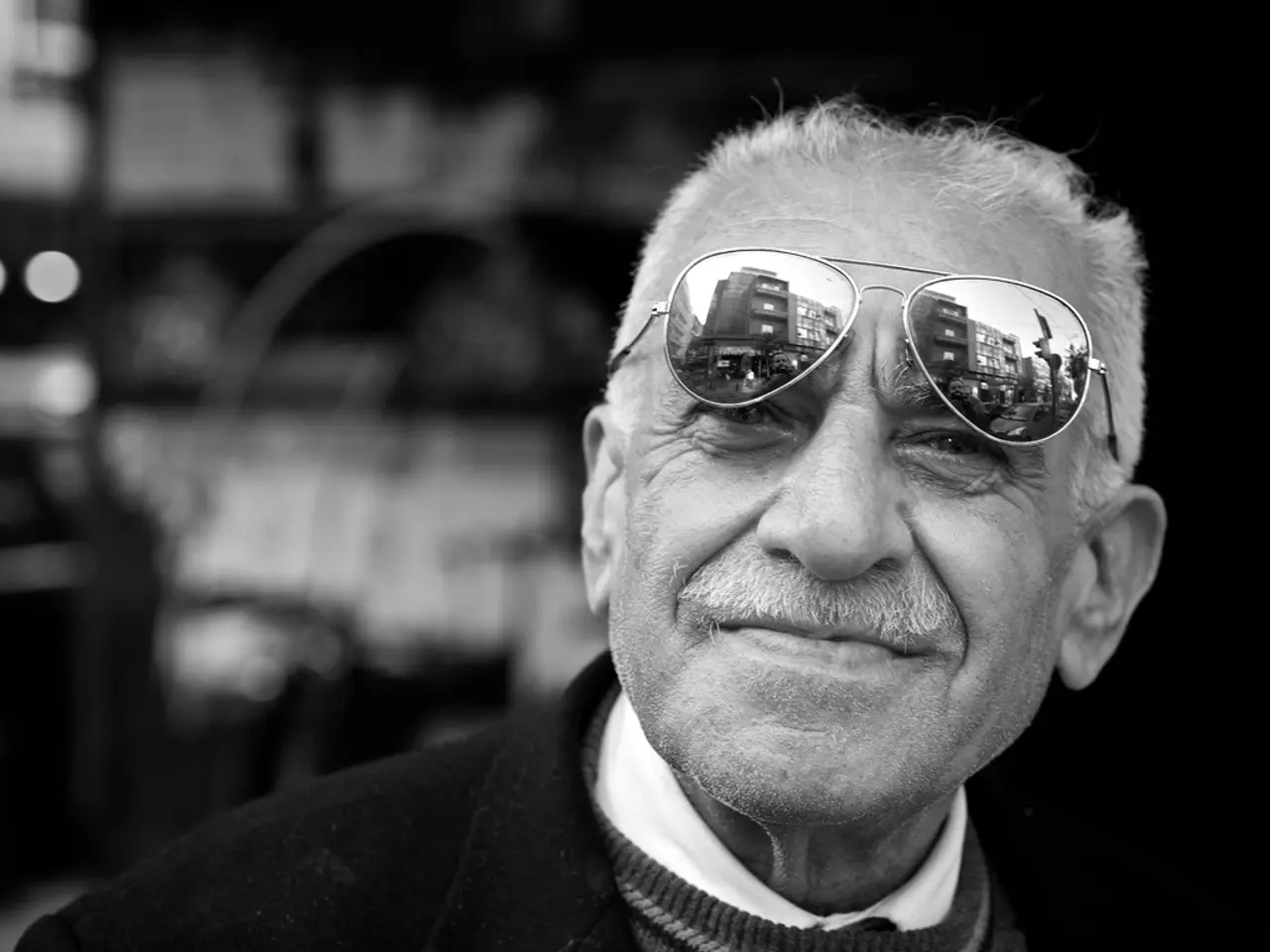Delve into the Origins: The Architects of the Constitution
The Constitutional Convention: A Gathering of Prominent Framers
The Constitutional Convention of 1787 was a significant event in American history, with 55 delegates from 12 of the 13 states coming together to shape the future of the United States. The convention, held in Philadelphia, saw the attendance of notable figures who would go on to play crucial roles in the formation of the U.S. Constitution.
Representing Virginia, Edmund J. Randolph and George Mason were among the delegates, although both chose not to sign the final document. Their absence from the list of signatories on September 17, 1787, was a notable omission. Other notable absentees from the list of signatories included Elbridge Gerry of Massachusetts.
The delegates who did sign the Constitution represented a diverse range of political and geographic interests. For instance, Delaware was the only state whose entire delegation, consisting of George Read, Gunning Bedford Jr., John Dickinson, Richard Bassett, and Jacob Broom, put their names to the document.
Pennsylvania was well-represented, with Benjamin Franklin, the oldest delegate at 81 years old, Thomas Mifflin, George Clymer, Robert Morris, Jared Ingersoll, Thomas FitzSimons (alternate spellings: FitzSimons, Fitzsimmons), and Gouverneur Morris all attending. The youngest delegate was Jonathan Dayton of New Jersey, at just 26 years old.
Other states with multiple delegates included New Jersey, represented by William Livingston, David Brearley, William Paterson, and William C. Houston (who did not sign the Constitution); Georgia, with Abraham Baldwin, William Few, William Houston, and William L. Pierce (William Houston and William L. Pierce did not sign the Constitution); South Carolina, represented by Charles Pinckney, Charles Cotesworth Pinckney, John Rutledge, and Pierce Butler (Pierce Butler did not sign the Constitution); and North Carolina, represented by William Blount, Richard Dobbs Spaight, Hugh Williamson, and Alexander Martin (Alexander Martin did not sign the Constitution).
Massachusetts was represented by Elbridge Gerry, Nathaniel Gorham, Rufus King, and Caleb Strong (Caleb Strong did not sign the Constitution). Maryland sent Daniel Carroll, Daniel of St. Thomas Jenifer, Luther Martin, James McHenry, and John F. Mercer (Luther Martin and John F. Mercer did not sign the Constitution).
Connecticut was represented by Oliver Ellsworth, William Samuel Johnson, and Roger Sherman, while New Hampshire was represented by Nicholas Gilman and John Langdon. Rhode Island did not send any delegates to the Constitutional Convention.
In total, only 39 of the 55 delegates signed the Constitution, with some, including Edmund Randolph and George Mason of Virginia and Elbridge Gerry of Massachusetts, refusing to sign for various reasons, often due to the absence of a Bill of Rights in the document.
The Constitutional Convention was a pivotal moment in American history, bringing together a diverse group of individuals who would shape the future of the United States. The regional diversity and compromises achieved at the Convention are reflected in the list of signatories, which includes many of the most prominent framers of the U.S. Constitution.
*Note: Ages and attendance are approximate, as some sources may vary.
[1] The Constitutional Convention
[2] The Signers of the Constitution
- Discussion at the Constitutional Conventionremarkably touched upon general-news topics, such as the drafting of a bill of rights, and was influenced by politics, with conflicting viewpoints and compromises needed among the framers to achieve agreement.
- Politics played a significant role in the decision of some delegates, like Edmund J. Randolph, George Mason (from Virginia), and Elbridge Gerry (from Massachusetts), to not sign the Constitution, as they felt it lacked a bill of rights, a key issue in the general-news media of the time.
